Recognizing this trend, Matthias Loebich, partner and leader for international business at Bearing-Point, a European management and technology consultancy with more than 10,000 employees across 70 countries and regions, said that China's fast-growing EV sector will continue to lead the world's green transition and create enormous growth opportunities for upstream and downstream industries in the BRI landscape.
"This is evident in our doubling of Chinese automotive clients seeking consulting support over the past two years," said Loebich, noting that Chinese automakers are enhancing their internal capabilities in management, digital transformation and overseas strategies, learning from advanced markets to elevate their global presence.
The company established a dedicated team to help Chinese automakers conduct sustainability-related activities in both home and global markets in 2023, in order to further enhance their growth strength.
Collectively, such moves have had a positive effect on official data. China's nonfinancial outbound direct investment came in at $60.2 billion in the first five months, up 16.3 percent year-on-year, statistics from the Ministry of Commerce showed.
China's cooperation with countries and regions participating in the BRI continued to show growth momentum as ODI in these economies came in at $12.81 billion, up nearly 13 percent year-on-year.
The value of trade between China and BRI economies was worth 8.31 trillion yuan ($1.14 trillion) during the January-May period, up 7.2 percent year-on-year, data from the General Administration of Customs showed.
Such a rise will likely be sustained given certain strategic Chinese corporate moves. For instance, in late June, Chinese train maker CRRC Corp, driven by its product upgrade and technology accumulation, unveiled seven new energy locomotives in Beijing, to offer the world new solutions for green, low-carbon development in rail transport. These will enrich CRRC Corp's overall product offerings. This marked a notable step forward in green transition efforts in both domestic and global markets.
Lin Cunzeng, CRRC's vice-president, said the development of this series of new energy locomotives is a concrete step to promote the renewal and upgrade of outdated equipment in both home and foreign markets, and advance the green and low-carbon transformation of rail transit equipment.
"They will contribute to the high-quality growth of the BRI and enrich China's export content," said Lin.
These new locomotives, he said, will drive the demand for diverse new energy products like power batteries and hydrogen energy power packs. They will, therefore, stimulate the development of upstream industries like basic materials and core components, fostering new drivers of economic growth.
The current reshaping of the global supply chain has generated new avenues for Chinese companies to match their capabilities with shifting market needs, said Lyu Yue, a professor at the Academy of China Open Economy Studies, part of the University of International Business and Economics in Beijing.
"Showing strong competitiveness, Chinese companies excel in industries like new energy vehicles, lithium-ion batteries and photovoltaic products," said Lyu, adding this has resulted in increased acceptance and collaboration from many countries involved in the BRI.
Agreed Michael Dyke, CEO of the Riyadh-based New Murabba Development Co, a business unit of Saudi Arabia's Public Investment Fund. Dyke said that the tangible growth of the BRI and enhanced Sino-Saudi business relations will attract more Chinese companies to expand their market presence in Saudi Arabia.
New Murabba Development is responsible for building a modern town in Riyadh. Its development spans 19 square kilometers. The project will include 2 million square meters of floor space featuring retail areas, tourist attractions, 104,000 residential units, 9,000 hotel rooms and 80 entertainment venues. Its first phase is scheduled to be completed and operationalized in 2030.
China Harbour Engineering Co Ltd, a Beijing-headquartered subsidiary of State-owned China Communications Construction Co Ltd, will carry out the first phase of excavation work for this project.










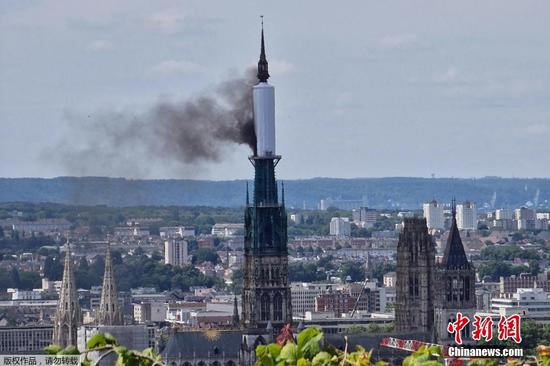

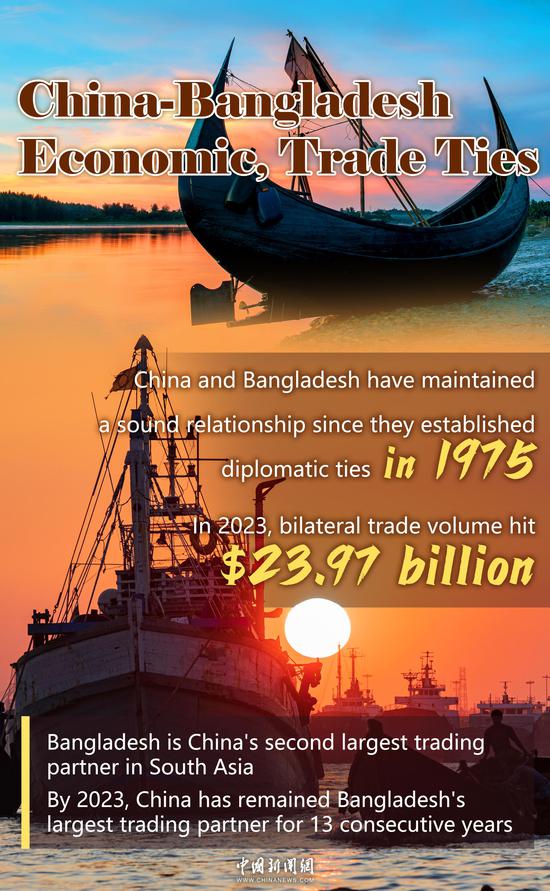

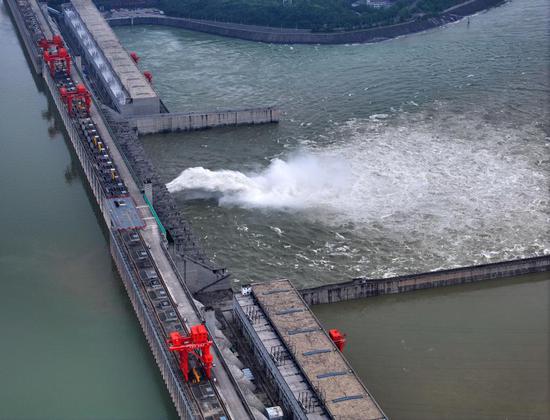
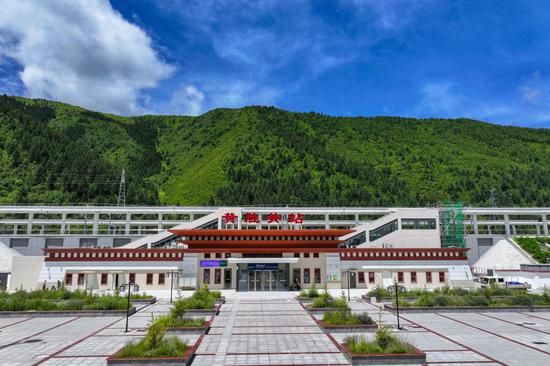
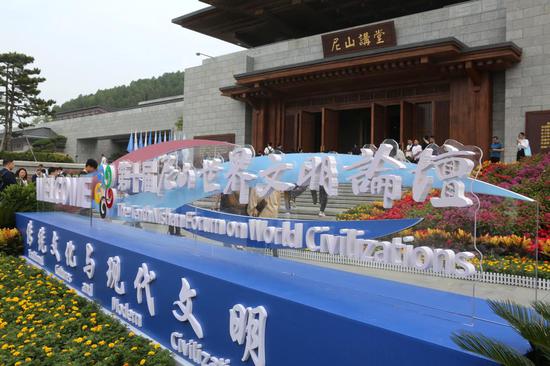






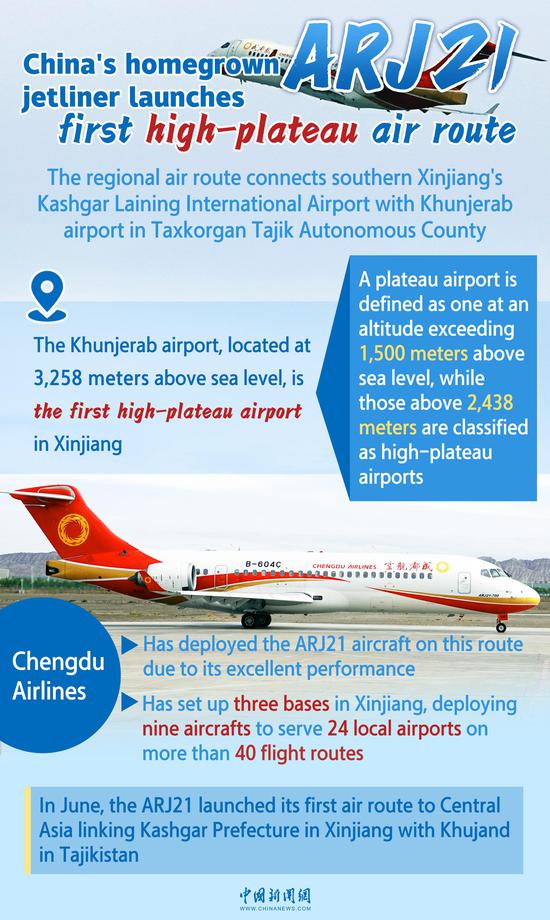


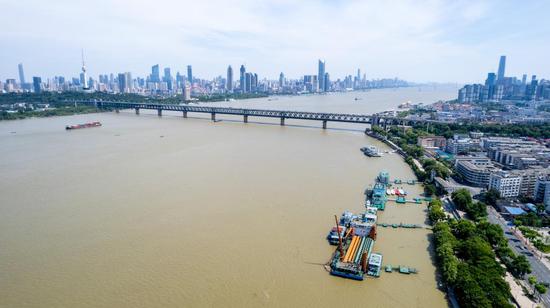

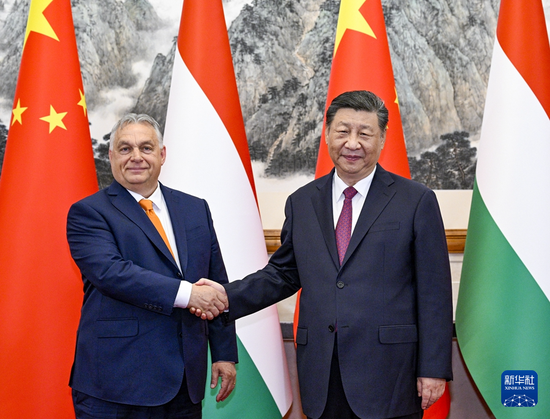

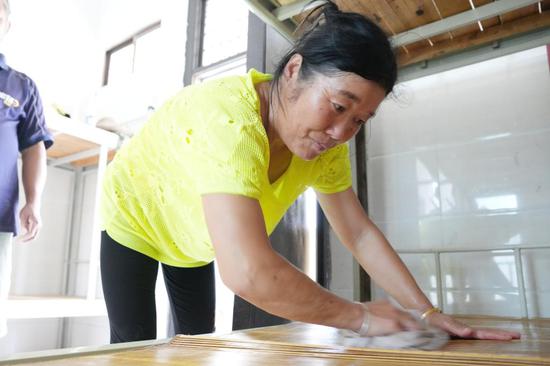



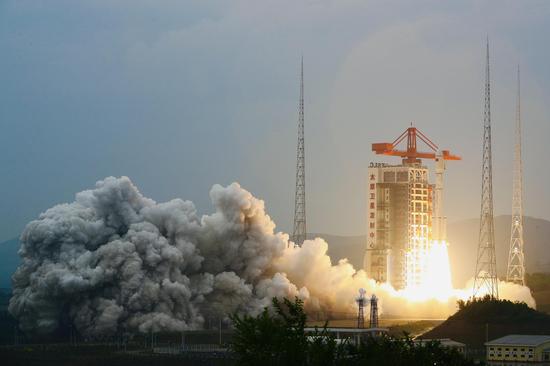
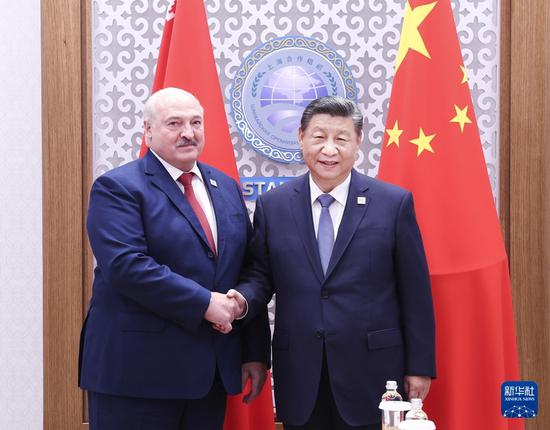
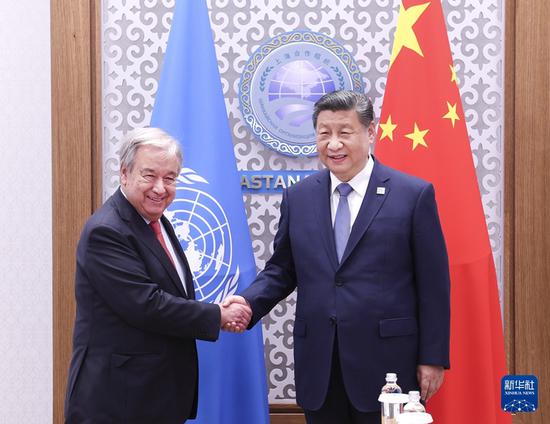
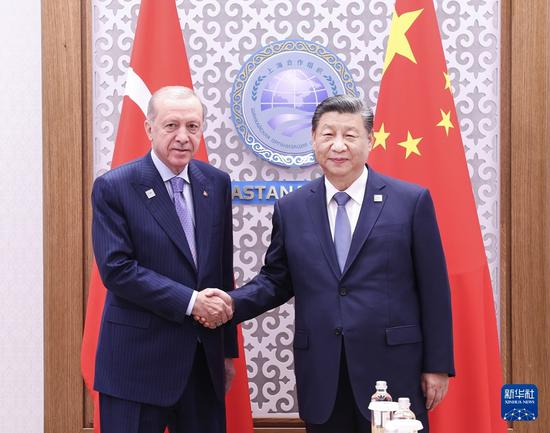
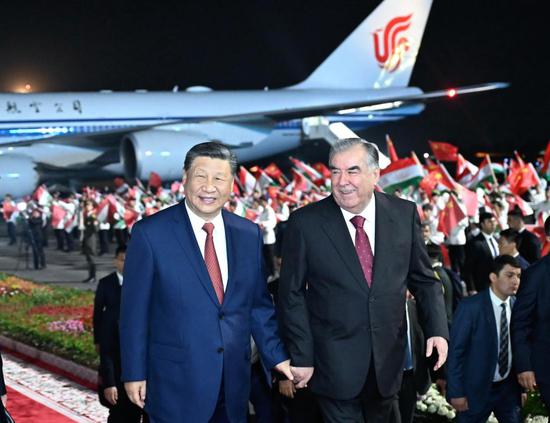
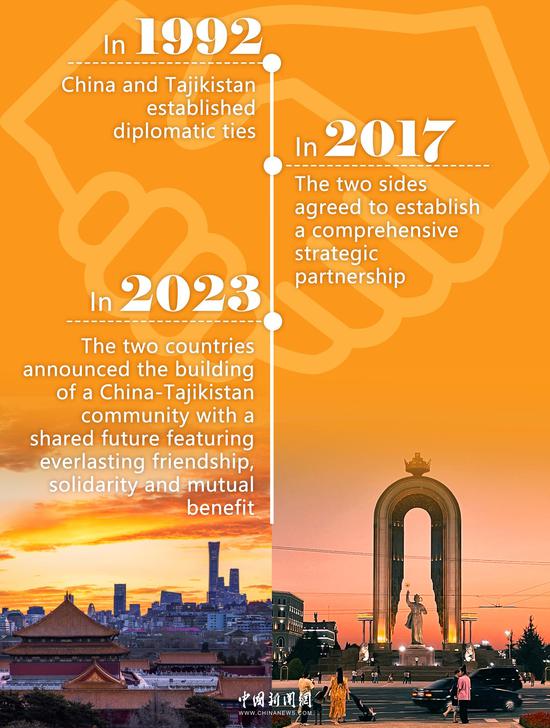
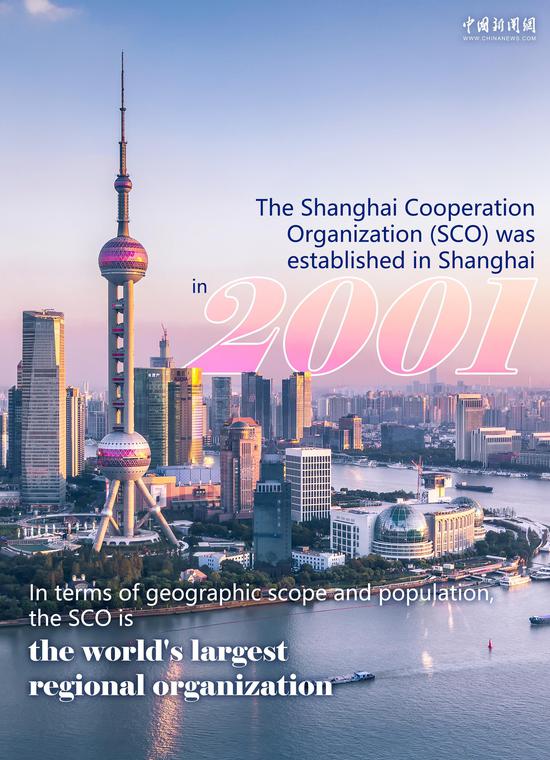

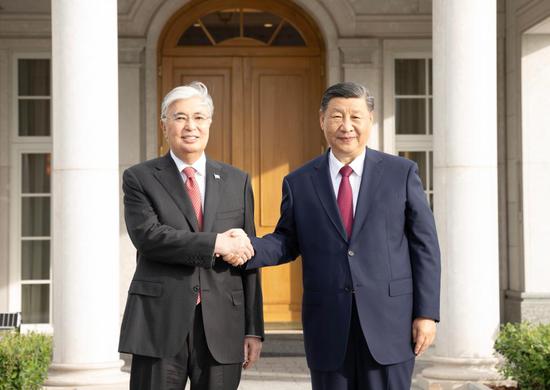
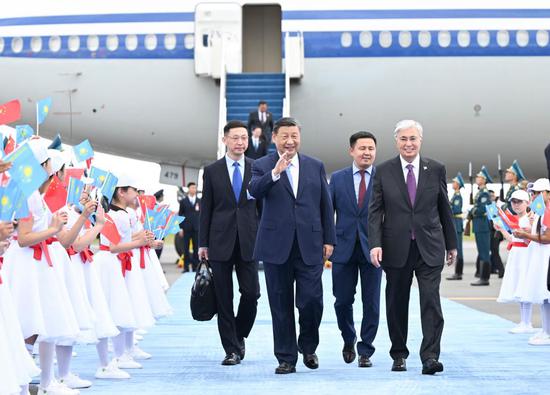
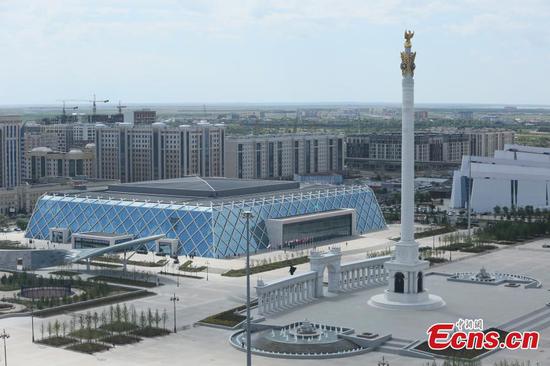



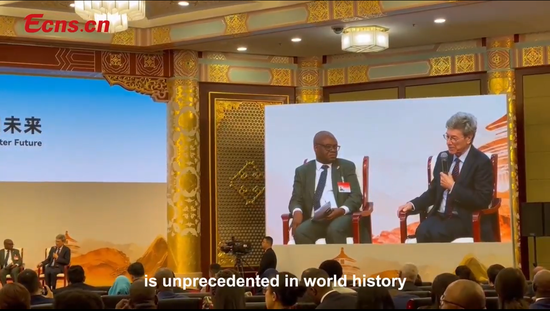

 京公网安备 11010202009201号
京公网安备 11010202009201号